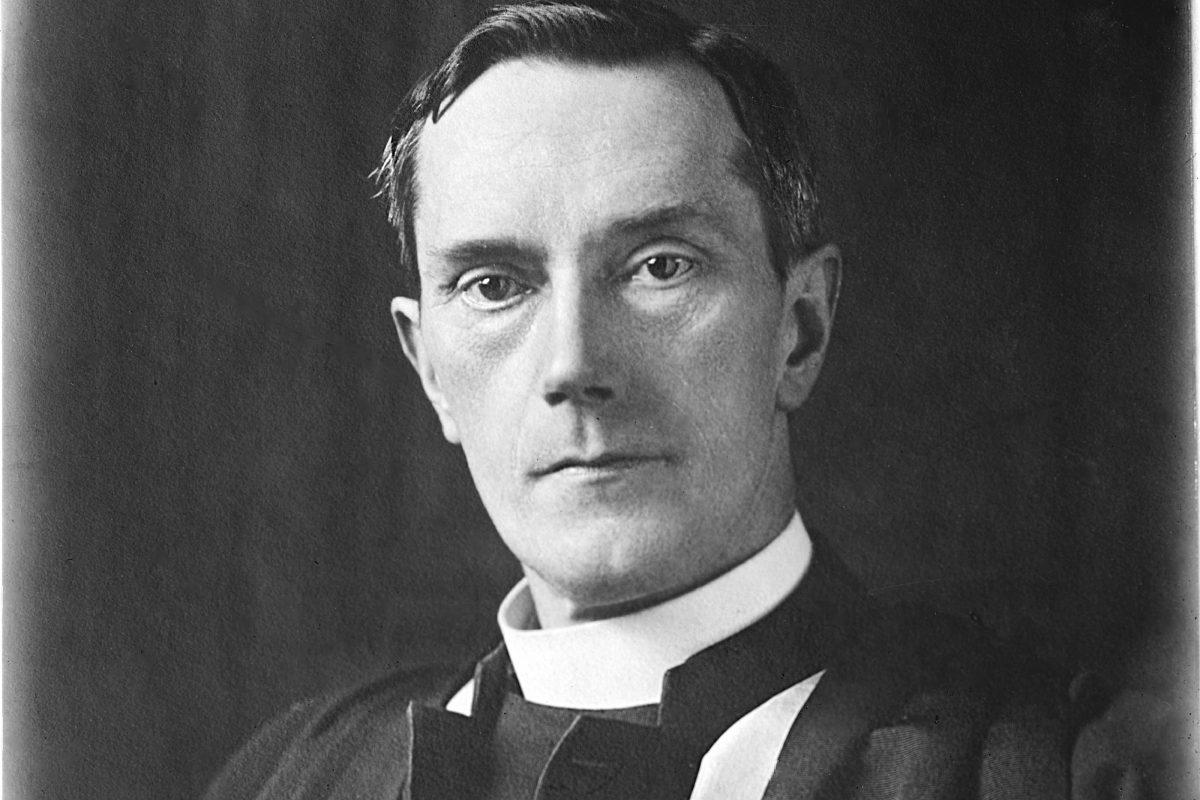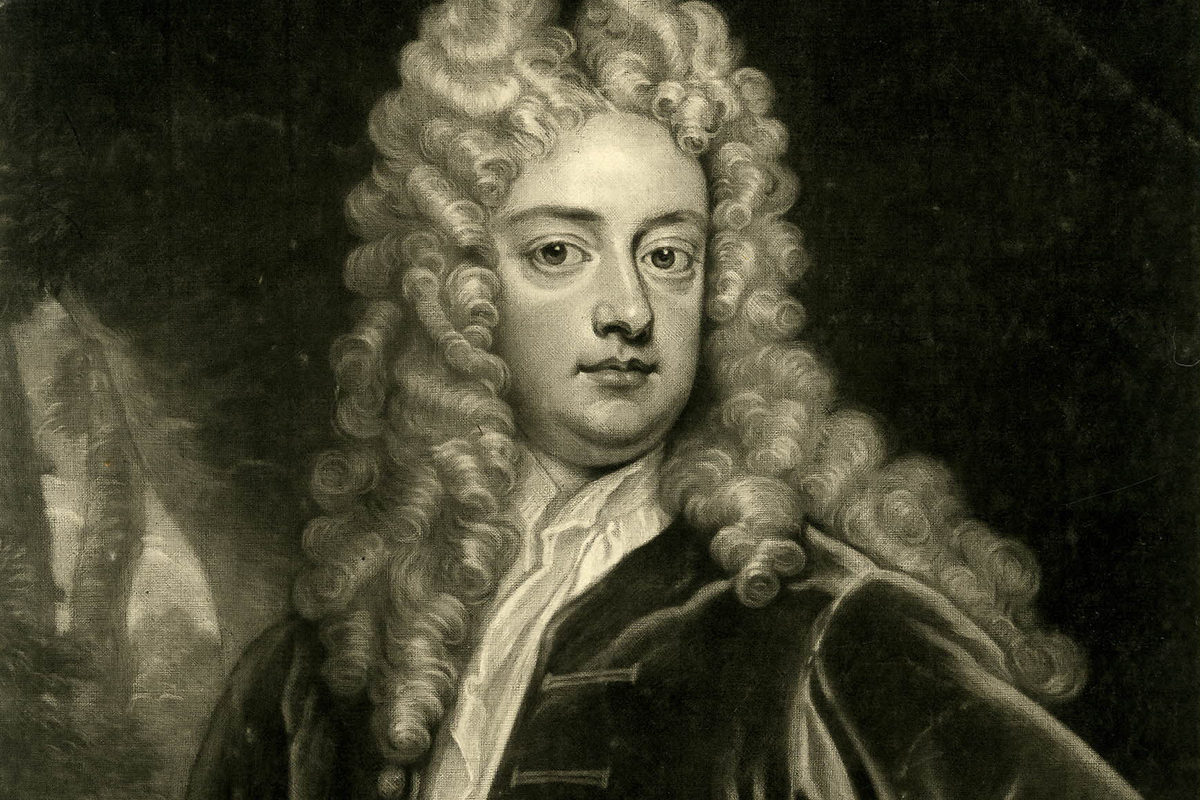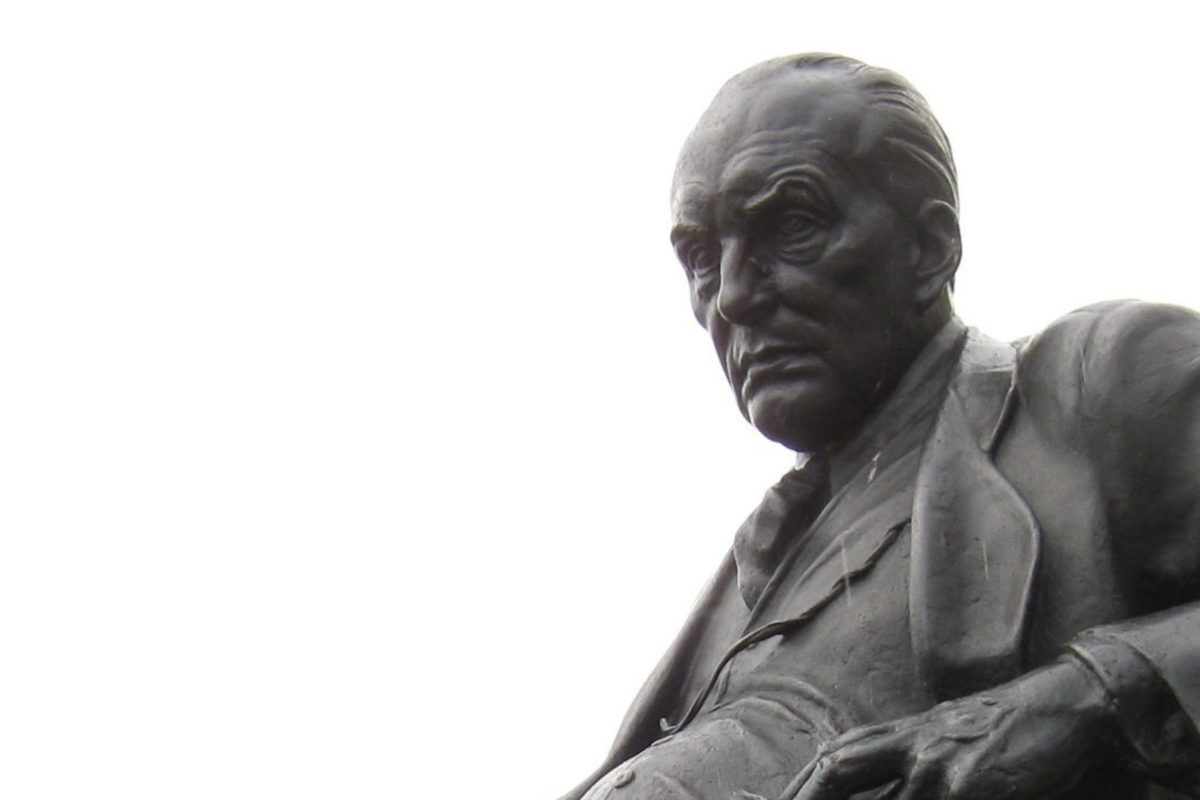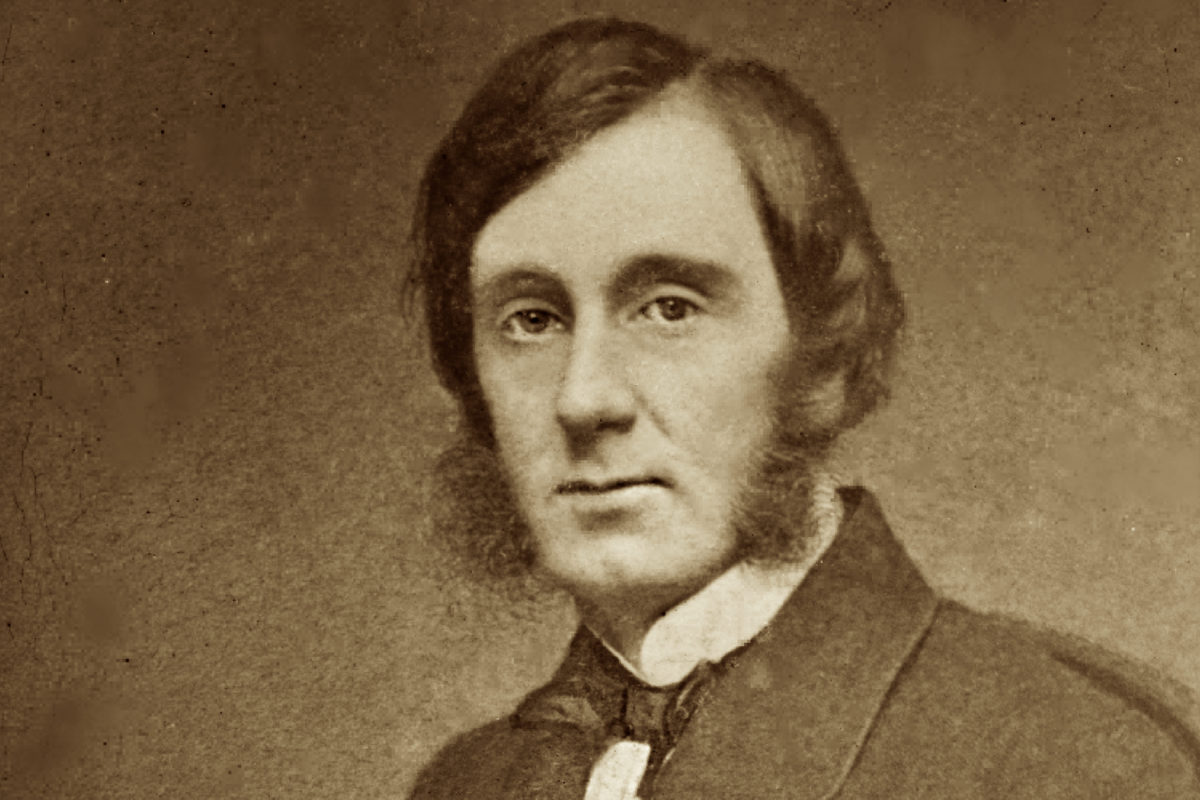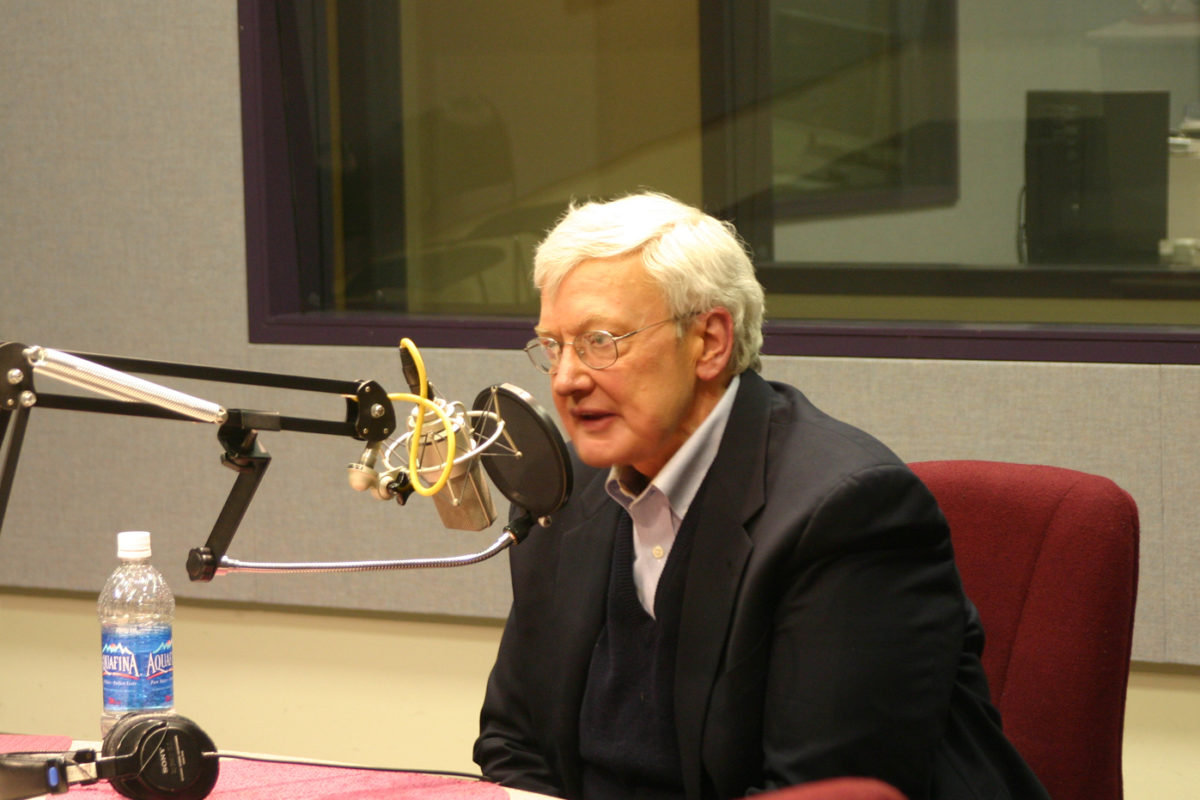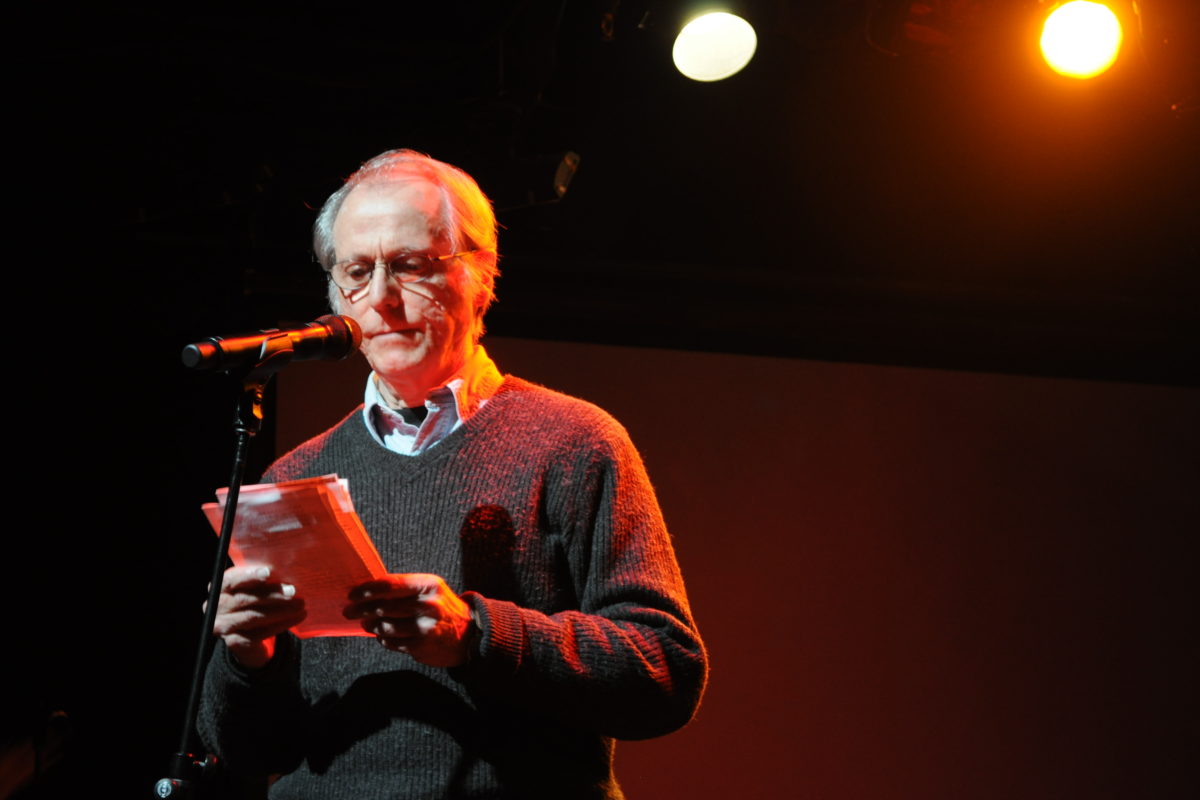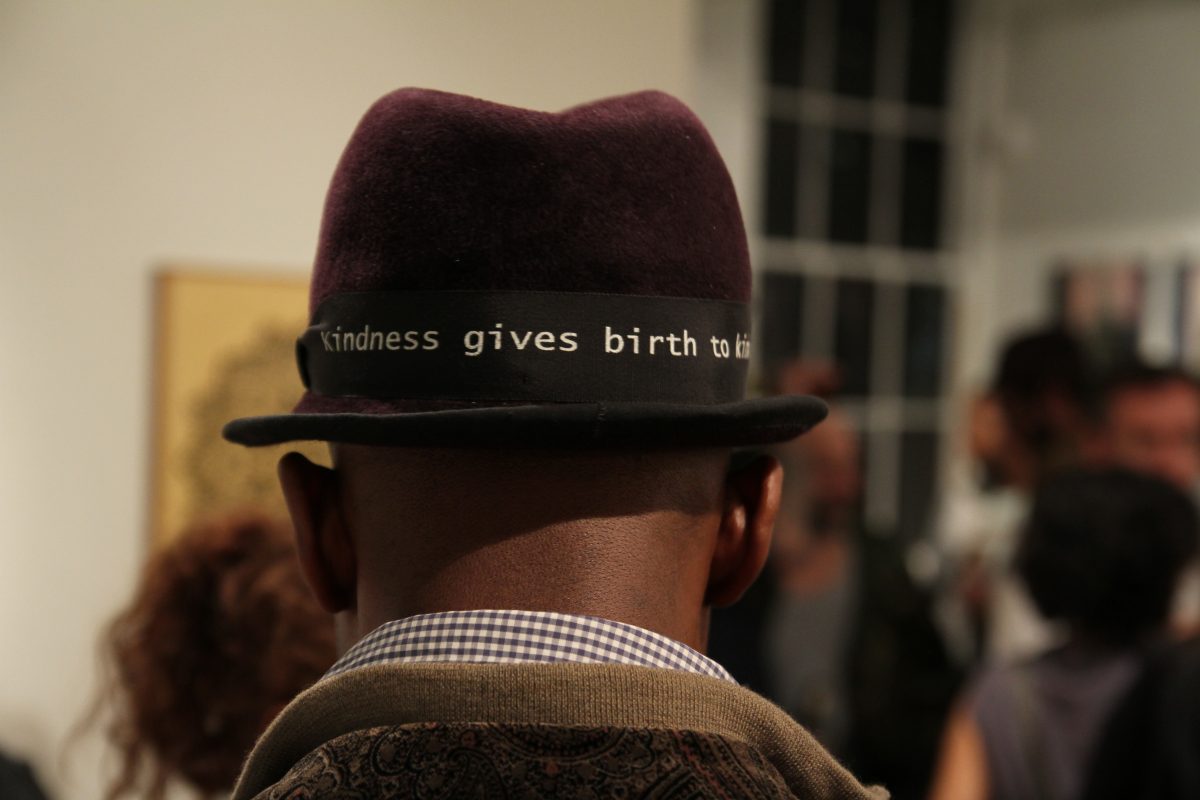“A good government remains the greatest of human blessings, and no nation has ever enjoyed it.”
~William R. Inge, English author & church leader
Hibbert Lecture, “The State, Visible and Invisible: Theocracies” (1920) Part I of V lectures delivered at Oxford University, Oxford, England; in Outspoken Essays (Second Series), London: Longmans, Green & Co., 1922, p. 60; online via Cornell University & Internet Archive, www.archive.org

